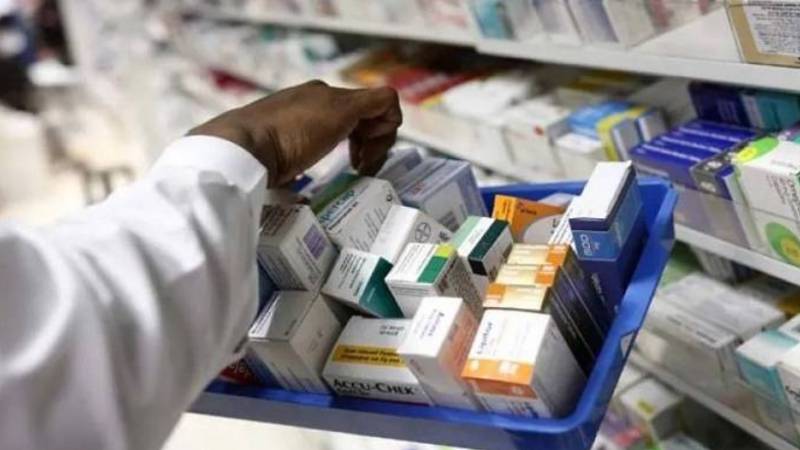Antimicrobial resistance (AMR) is one of the gravest public health threats of our time—yet it remains largely invisible. In 2019, drug-resistant infections were linked to 4.95 million deaths globally, with 1.27 million of these directly caused by resistant pathogens, making AMR a leading global killer (The Lancet, 2022). This “silent pandemic” is not only a medical emergency; it is rapidly becoming an economic crisis.
Pakistan stands at the epicentre of this growing catastrophe. According to new national estimates, AMR was directly responsible for 59,200 deaths in the country in 2019 and contributed to an additional 221,300 fatalities—making it the third leading cause of death in Pakistan. By 2022, the number of drug-resistant infections rose to 1.15 million, with 64,690 deaths directly caused by AMR and over 306,000 deaths associated with it. These figures reveal a rapidly escalating burden that extends far beyond hospitals and clinics.
The Fleming Fund Country Grant Pakistan (FFCGP) emerged as a key player in the fight against AMR, investing in laboratory capacity, expanding surveillance systems across human and animal health sectors, and enabling critical research. Among its most consequential contributions is the first-ever national economic burden analysis of AMR in Pakistan—a groundbreaking study that has provided evidence to shape both policy and resource allocation. The findings are alarming: In 2022 alone, AMR cost Pakistan an estimated US$3.5 billion, or nearly 1% of the national GDP. These costs accrue from longer hospital stays, the need for expensive second- and third-line treatments, repeat diagnostic testing, and vast productivity losses due to premature deaths and disability. The economic burden is projected to rise to US$4.32 billion in 2023 and US$5.04 billion by 2025, amounting to 1.35% of GDP—a great loss Pakistan can hardly afford.
The World Health Organization has set bold targets: a 10% reduction in AMR-related deaths, 80% access to essential antimicrobials, and a ban on the use of last-resort antibiotics in agriculture
Behind these numbers are real human consequences. Drug-resistant infections disproportionately impact the poor, pushing families deeper into poverty. Treating a severe resistant infection can cost up to PKR 700,000 (US$3,100) per patient—an unaffordable sum for most households in a country where 38.3% of the population (93 million people) lives in multidimensional poverty. With limited financial protection and high out-of-pocket health spending, AMR doesn’t just threaten lives, it destroys livelihoods. Deepening this crisis is the unchecked misuse of antibiotics: over-the-counter sales of antimicrobials without prescription, poor diagnostic practices, limited awareness, and weak regulatory enforcement. Alarmingly, up to 70% of common infections in Pakistan no longer respond to first-line antibiotics, leading doctors to rely on more toxic and expensive last-resort medications. This fuels a dangerous cycle of resistance, illness, and financial strain.
Despite the clear and growing threat, Pakistan’s policy response remains vastly under-resourced. The proposed allocation for implementing the National Action Plan on AMR in 2025 is just PKR 923 million (US$3.29 million)—a figure that is less than one-thousandth of the anticipated annual economic loss due to AMR. This gap reflects a serious underestimation of the crisis and a lack of political urgency.
Globally, the World Health Organization has set bold targets: a 10% reduction in AMR-related deaths, 80% access to essential antimicrobials, and a ban on the use of last-resort antibiotics in agriculture. Pakistan must align with these global goals and commit to substantial investment, stronger governance, and robust public awareness.
AMR is dismantling health systems, undermining decades of medical progress, and draining national economies. For Pakistan, this is no longer a future threat—it is a present and growing emergency. Without swift, coordinated action and bold leadership, AMR may prove to be the defining health and development challenge of our generation. Further, shrinking donor support is leading to the closure of donor-supported programmes like the Fleming Fund Country Grant Pakistan, which calls for urgent action at national and international levels.
